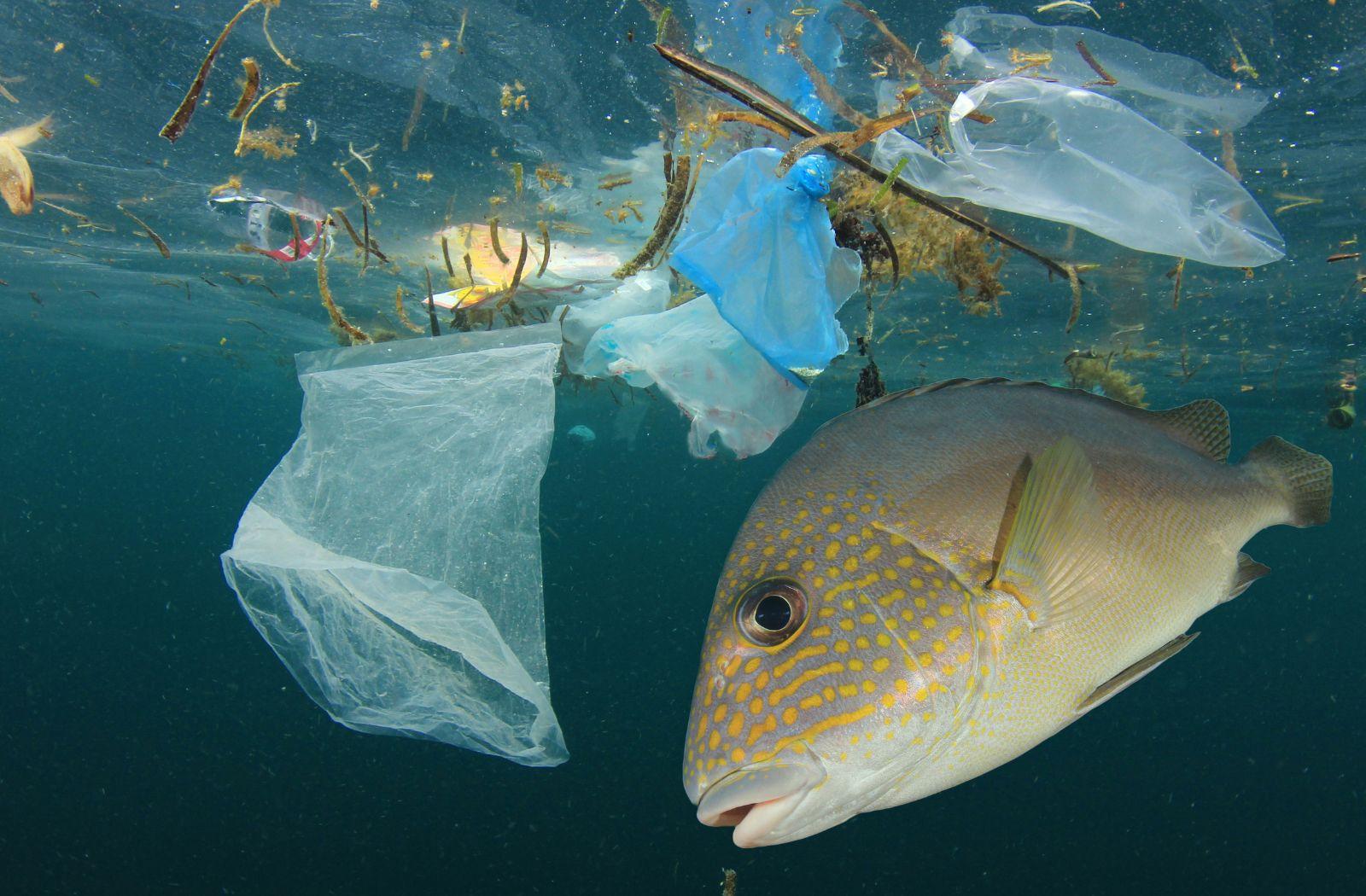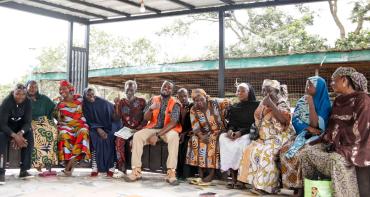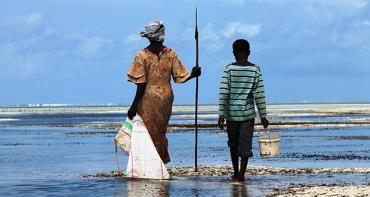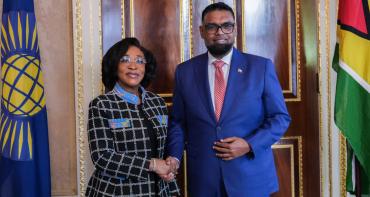Every year up to 23 million tonnes of plastics enter water ecosystems, posing serious human and environmental health threats. As negotiations for a legally binding global plastics treaty accelerate, the Commonwealth Clean Ocean Alliance brought together officials from members countries to prepare for these critical negotiations.

A webinar session attended by 70 government officials from 29 countries was held ahead of the second part of the fifth session of the Intergovernmental Negotiating Committee (INC-5.2) which will take place in Geneva from 5-14 August. Legal and policy experts guided Commonwealth delegates through key treaty issues and implementation considerations, providing tools for them to engage more effectively.
The INC Secretariat joined the webinar to brief participants. Jyoti Mathur-Filipp, INC Executive Director, emphasised inclusivity, stating:
“INC-5.2 marks a crucial opportunity to bring these negotiations closer to conclusion. The Secretariat is committed to ensuring delegations have the support they need to participate fully and effectively.”
A defining moment for the Commonwealth
With 25 Small Island Developing States (SIDS) members and over one-third of the world’s marine waters under national jurisdiction, the Commonwealth is on the frontline of the plastic pollution crisis. Coastal degradation, contaminated fisheries, and economic losses hit these nations hardest.
Suresh Yadav, Director of Climate Change and Ocean at the Commonwealth Secretariat, pointed to the Apia Commonwealth Ocean Declaration, adopted at CHOGM 2024, as a mandate for collective action. The declaration calls for an effective and ambitious plastics treaty based on a comprehensive approach that addresses the full life cycle of plastics and the need for strengthening the regulatory frameworks for controlling marine pollution from all sources.
He said:
“The treaty must deliver real solutions for communities on the frontlines. For the Commonwealth, this isn’t just an environmental issue — it’s a development challenge.”
Strengthening legal foundations and implementation readiness
The webinar focused on two critical treaty components: How decisions will be made under the treaty, and how countries will implement their commitments through National Action Plans and Roadmaps. These are central to ensuring the final agreement is not only ambitious but also enforceable and achievable.
Kathleen Lawland, legal adviser to the World Wide Fund for Nature (WWF), examined decision-making mechanisms in other multilateral environmental agreements, including consensus and voting procedures under the Basel Convention on the Control of Transboundary Movements of Hazardous Wastes and their Disposal, the Stockholm Convention on Persistent Organic Pollutants Stockholm, and the Minamata Convention on Mercury.
Her presentation helped demystify the legal tools that will shape treaty governance and ensure fair, transparent, and effective outcomes.
Building on this, Rajat Handa and Margherita Pucino of the Global Plastic Action Partnership shared lessons on designing and implementing National Action Plans. Their insights covered stakeholder engagement, baseline assessments, and monitoring systems — essential building blocks for treaty implementation, especially for Small Island Developing States (SIDS) and Least Developed Countries (LDCs).
A call to action
As negotiations commence, the Commonwealth Secretariat remains committed to building capacity, facilitating partnerships, and empowering members to engage effectively in securing a global plastics treaty to better protect our ocean and water sources.
Related content
Commonwealth Clean Ocean Alliance
Apia Commonwealth Ocean Declaration
Media contact
-
Suné Kitshoff Senior Communications Officer, Communications Division, Commonwealth Secretariat
- M: +44 7740 450 901 | E-mail



